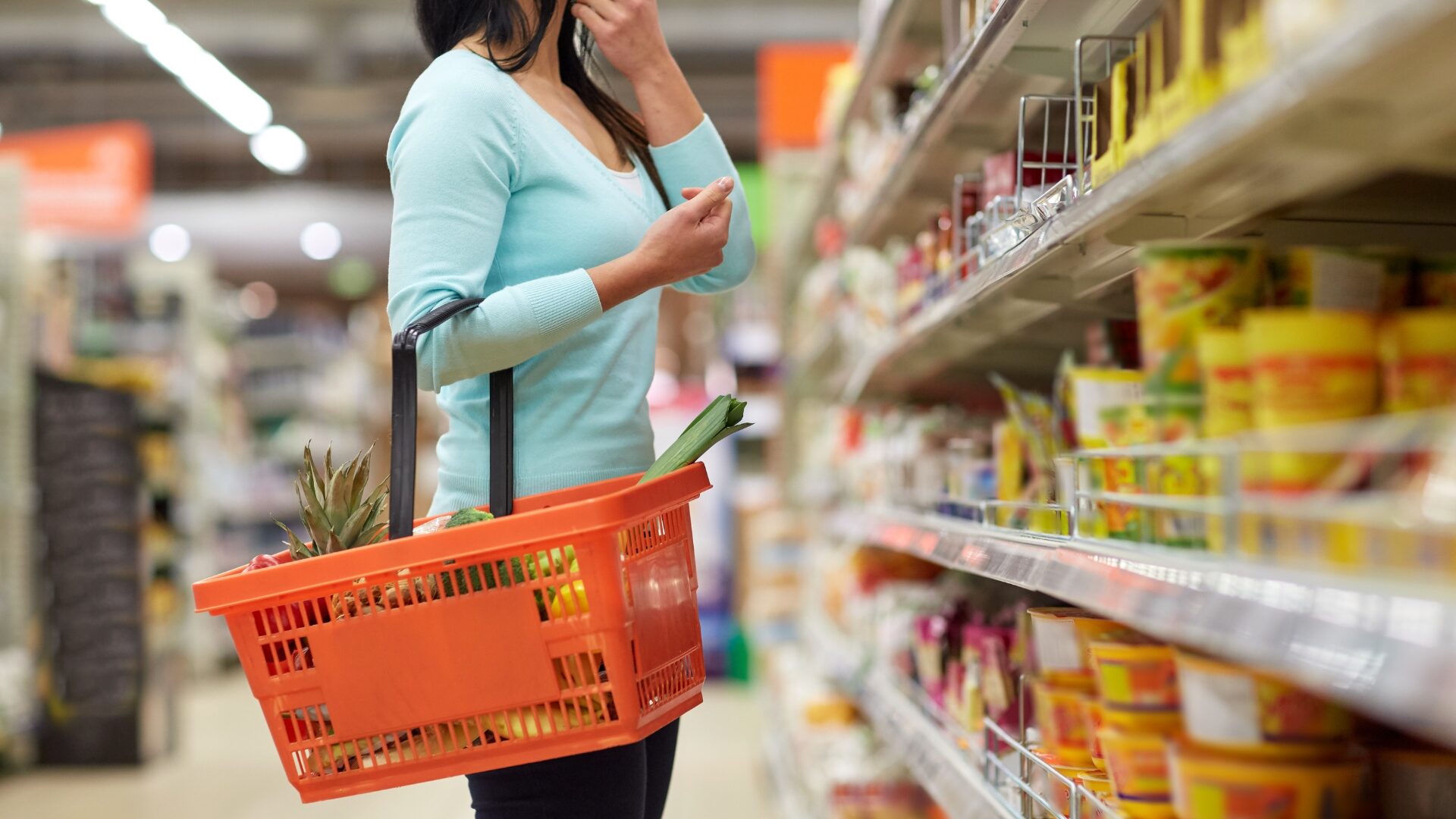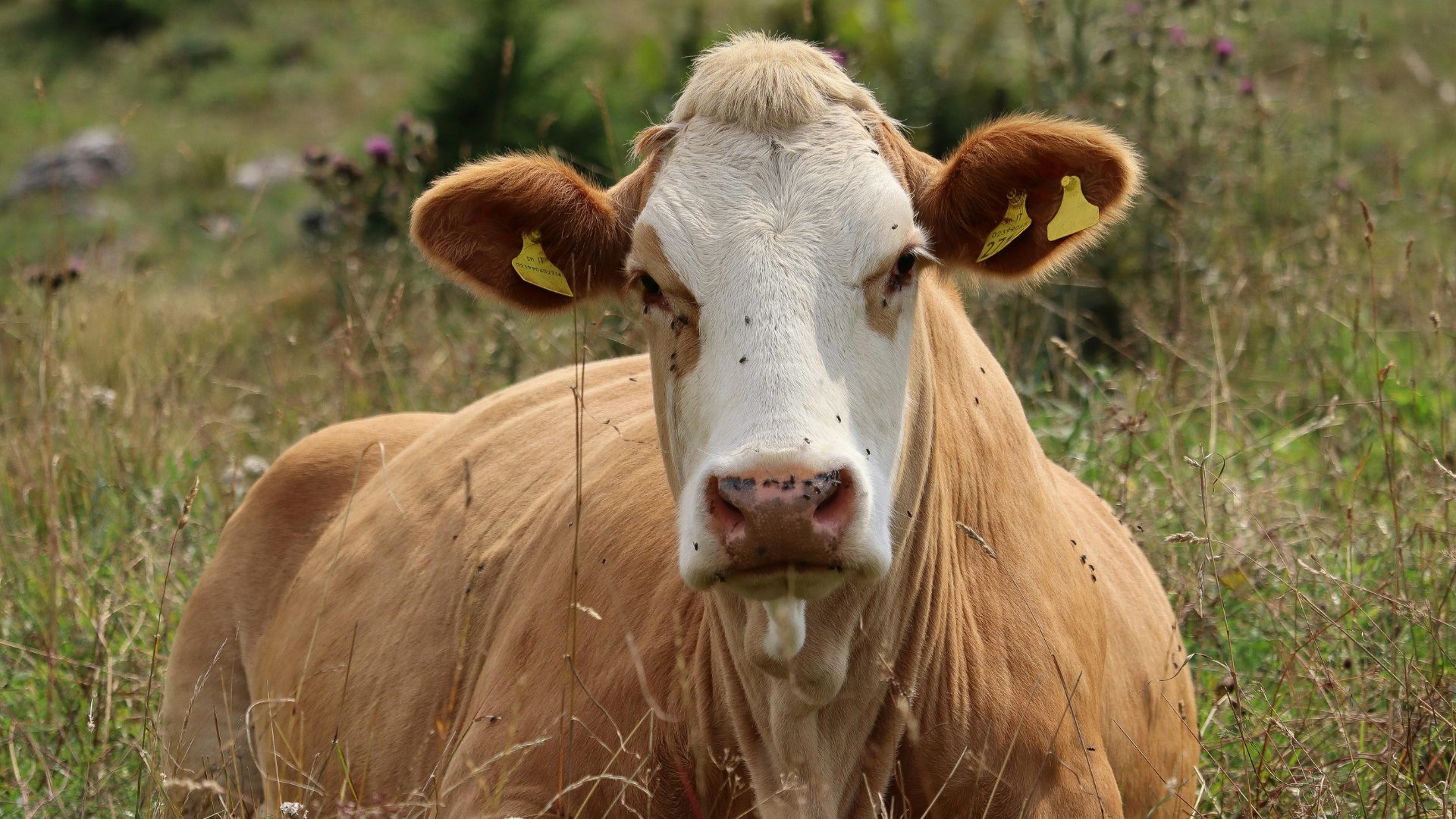The Consumer Price Index increased 0.6% in May on a seasonally adjusted basis after rising 0.8% in April, the U.S. Bureau of Labor Statistics reported Thursday.
Those numbers, plus concerns about spend on importing, are fueling more concerns regarding inflation.
CPI INCREASES IN MAY
Over the last 12 months, the all-items index increased 5.0% before seasonal adjustment, marking the largest 12-month increase since a 5.4% increase for the period ending August 2008.
The index for food at home in May increased 0.4%, the same increase as in April. However, while the April index was broad-based, with all six major grocery store food group indexes rising, the May increase was mostly due to the index for meats, poultry, fish, and eggs, which increased 1.3% over the month.
The beef index rose 2.3 percent in May, its largest increase since last June. The index for cereals and bakery products rose 0.5 percent in May, and the index for dairy and related products increased 0.4 percent. However, the index for nonalcoholic beverages declined in May, falling 0.5% and the index for fruits and vegetables was unchanged in May after rising in each of the past 3 months.
The food away from home index rose 0.6%, following a 0.3% increase in April. The index for full-service meals rose 0.6%, its largest increase since last June. The index for limited-service meals increased 0.5%, the same increase as in both March and April.
The food at home index increased 0.7% over the past 12 months, as five of the six major grocery store food group indexes increased. The index for fruits and vegetables was the only one to rise more than 0.6%, increasing 2.9%
SPEND ON IMPRORTING TO HIT RECORD HIGH
The amount of money spent on importing food is set to reach its highest-ever level this year due to surging food prices and high demand, according to the United Nations’ Food and Agriculture Organization’s (FAO) biannual Food Outlook Report.
The world’s food import bill, which measures the volume and cost of global food imports, is expected to hit $1.75 trillion in 2021, $185 billion more than in the previous year, MarketWatch reported (June 10). The increase comes amid concerns about food inflation and global hunger—particularly among poorer nations still very much battling COVID-19.
The FAO forecasts that developing nations will spend $730 billion importing food this year, while importing less food but at higher prices.
For the world’s least developed nations, it could get particularly bad, the data displayed. The group, including many central African nations, will pay significantly more money this year to import only slightly more food than in 2020. Meanwhile, developed countries will need to import larger quantities to meet rising demand while food prices soar.












